Chemical Blog Posts
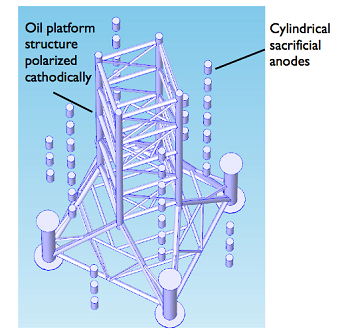
Intro to Corrosion Modeling for the Oil and Gas Industry
From impressed cathodic current and anodic protection to sacrificial anodes, there are several ways you can protect structures from corrosion. We discuss some modeling considerations here.
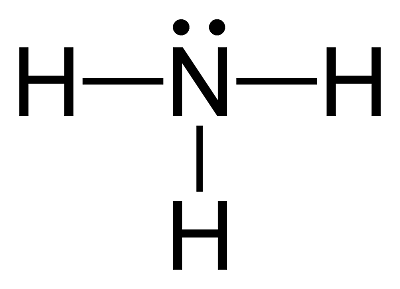
Ammonia Synthesis, a Complex and Nonlinear Process
In the final installment of our Chemical Kinetics blog series, we discuss the complex and nonlinear process of synthesizing ammonia. Get an overview of the equations and modeling considerations.
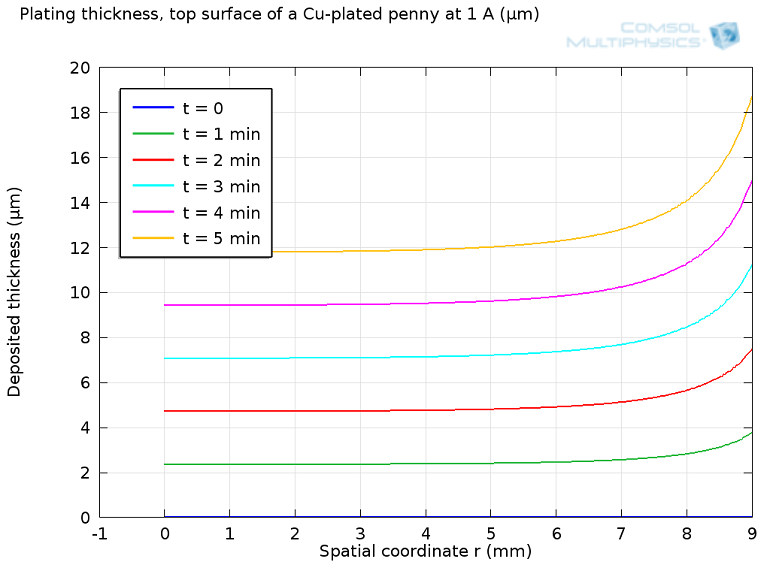
Electroplating: How the U.S. Mint Makes a Penny
Did you know that a penny actually doesn’t contain a lot of copper? Learn about how the U.S. Mint makes pennies through the process of electroplating, which can be studied with chemical modeling.
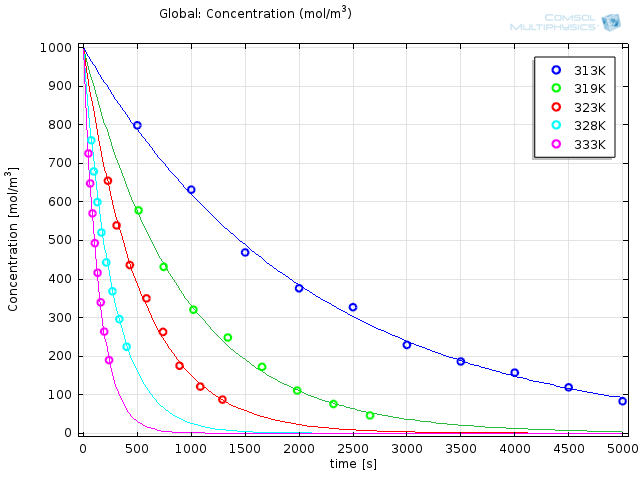
Chemical Parameter Estimation Using COMSOL Multiphysics
In this installment of our blog series on chemical kinetics, we discuss how to estimate the chemical parameters of your model in COMSOL Multiphysics®.
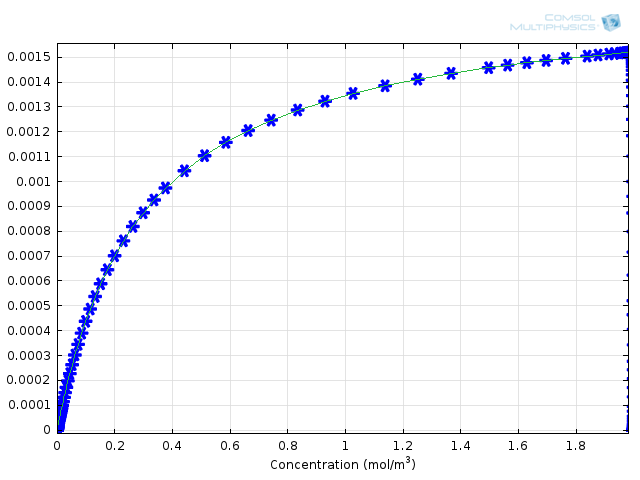
Enzyme Kinetics, Michaelis-Menten Mechanism
For the 100-year anniversary of the Michaelis–Menten mechanism, we honor the trailblazing publication the best way we know how — with simulation.
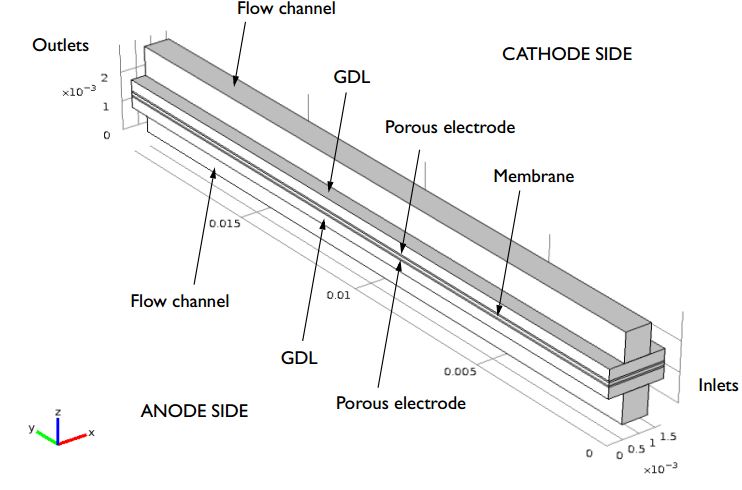
PEM Fuel Cell Modeling Examples
What can you study in a proton exchange membrane fuel cell? Mass transport, ohmic losses, temperature distribution, species transport, serpentine flow…should we keep going?
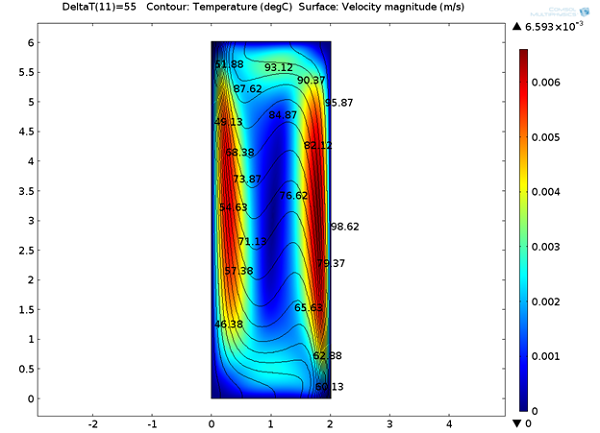
Buoyancy-Driven μPCR for DNA Amplification
True crime + simulation: The more DNA in a sample, the easier it is to accurately test and identify biomolecules, cells, and even an entire person during forensic investigations.
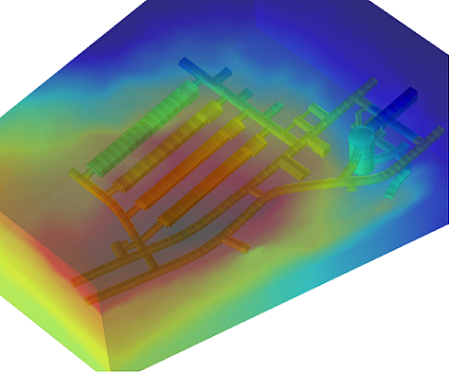
Amphos 21: Modeling Coupled Thermo-Hydro-Mechanical-Chemical Phenomena
A guest blogger from Amphos 21, a COMSOL Certified Consultant, discusses the company’s iCP technology for modeling coupled thermo-hydro-mechanical-chemical phenomena.



